There is a beautifully profound line in the final few minutes of the 2012 film ‘Cloud Atlas’. A father in 19th century San Francisco is irate when his daughter and son-in-law announce that they are giving up their normal lives to head east to fight against slavery. “No matter what you do”, he tells them both, “it will never amount to anything more than a single drop in a limitless ocean.” With tears welling in his eyes, the son-in-law defiantly responds “what is an ocean but a multitude of drops?”
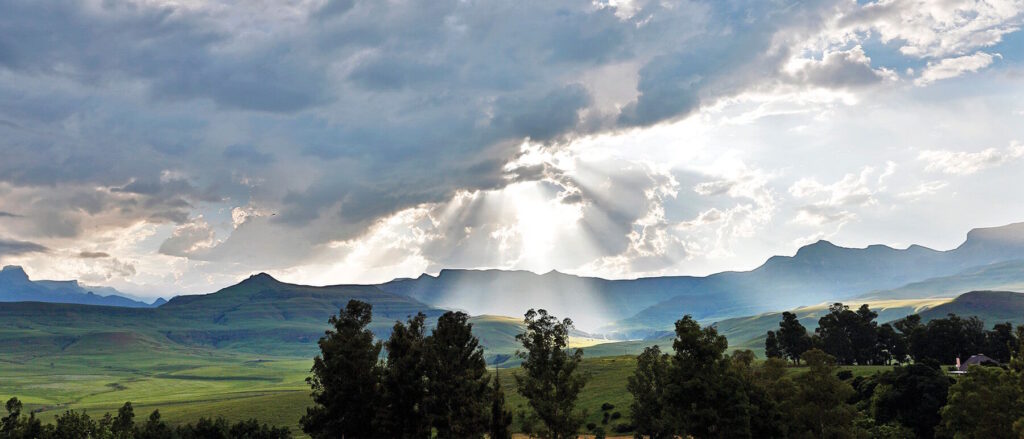
This beautifully written line embodies a simple but ancient philosophy of problem solving: rather than aim to change the world and be disappointed with the failure, take small, impactful, positive steps where you can and marvel at the results. Too much of today’s news climate bombards us with gigantic problems, making us as individuals feel rather helpless and hopeless in trying to tackle them. But really, gigantic problems can be solved, with many people each taking their own small steps, playing their own small part. South Africa is no exception. We confront rural poverty, high unemployment, poor public schooling, and a profound lack of socio-economic opportunity. How can we, as ordinary citizens, begin to solve these problems? One answer might surprise you: go on holiday.
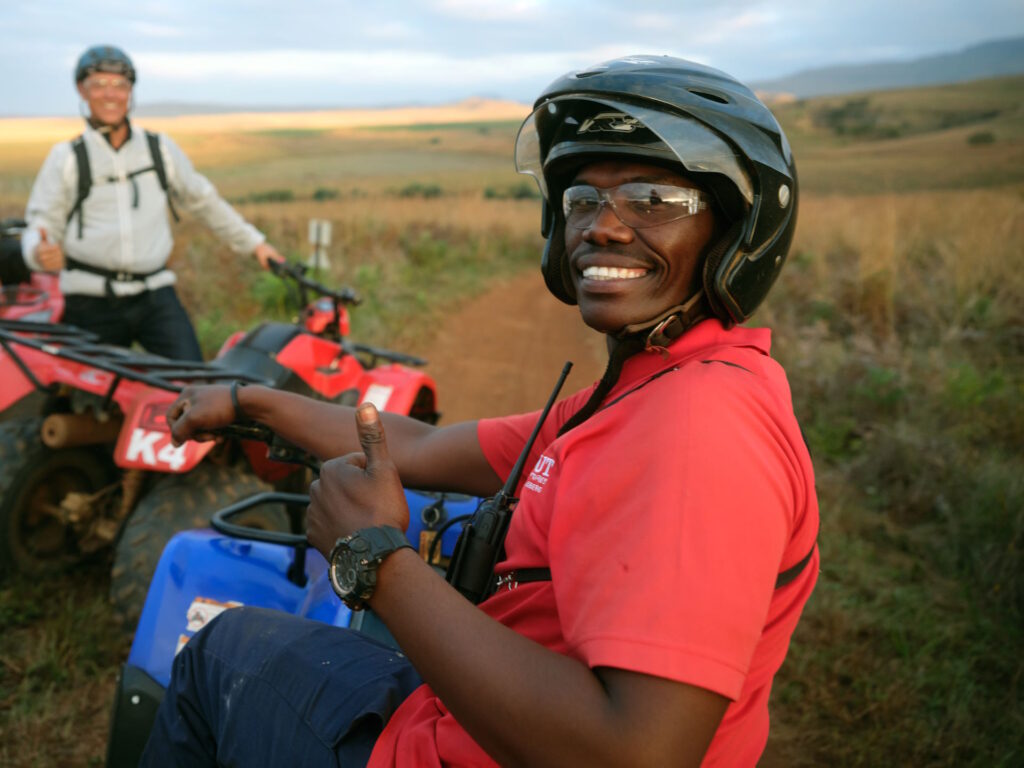
Visits to rural South Africa can sometimes feel divorced from reality. We go on holiday to the Drakensberg, and, for a week or two, we are able to forget about our problems. In summer, we lounge by the poolside while a friendly waiter serves us drinks, and in winter we go on hikes into the pristine surrounds, listening to knowledgeable guides impart their wisdom. By the time we wave our goodbyes and get in the car to head home, there is a small sense that the whole thing almost feels too good to be true; as if our fantastic holiday has been some sort of theatrical performance put on just for our enjoyment, with the curtain descending as we head out the driveway. How often do we say things such as “it’s nice to just escape and get away from everything”, or “I wish I could just stay here forever.” Here’s the thing: it’s only an escape for you, people do live here. Your poolside waiter has a wife and kids who benefit directly from your stay, your mountain guide has goats or maybe cattle that he has to look after, something he can only do with a job that your visit makes possible.
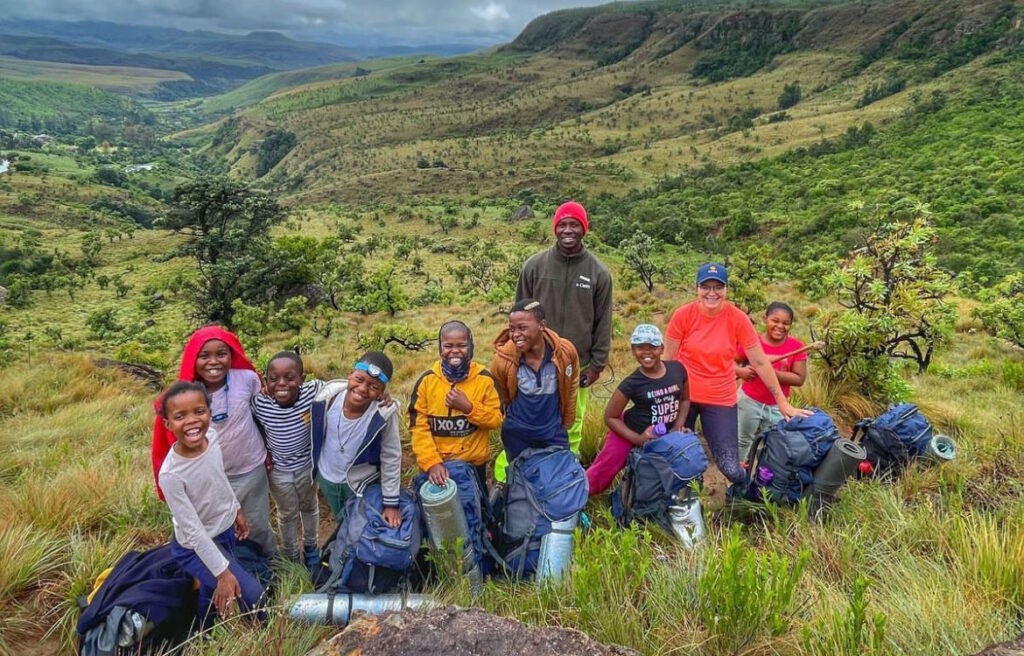
Let’s examine more closely what exactly tourism can do for a rural community. The first, and primary, impact is simple: bucks. When you go on holiday, you bring your heard-earned dosh to be spent on accommodation, horse rides, quad bike tours, food and drink, and maybe a few small arts and crafts to take home with you as a souvenir. Those bucks keep the hotels, adventure centres, bars, restaurants, and shops open. They (or, rather, you) are the lifeblood of their existence. Which brings us on to the next impact: employment. Those hotels need workers to do the laundry, the adventure centres need guys operating the ziplines, the bars need barmen, the restaurants waiters, and the shops shopkeepers (as well as craftsmen to supply them with goods). Without the resources to continue to operate (the money you spend), these places of employment disappear, and so too do the jobs they provide. And don’t make the mistake of thinking that your stay helps only the people employed at the place you are visiting. Here’s a powerful statistic: for each employed person in South Africa, there are at least three others dependant on that person. When you stay a few nights at a hotel that employs a hundred people, you are actually therefore contributing towards the wellbeing of around four hundred of your fellow countrymen. You are helping to put food on tables and clothes on backs for nearly half a thousand people, and in exchange you are treated with a memorable weekend getaway to the mountains. That’s a great deal if ever I heard of one.
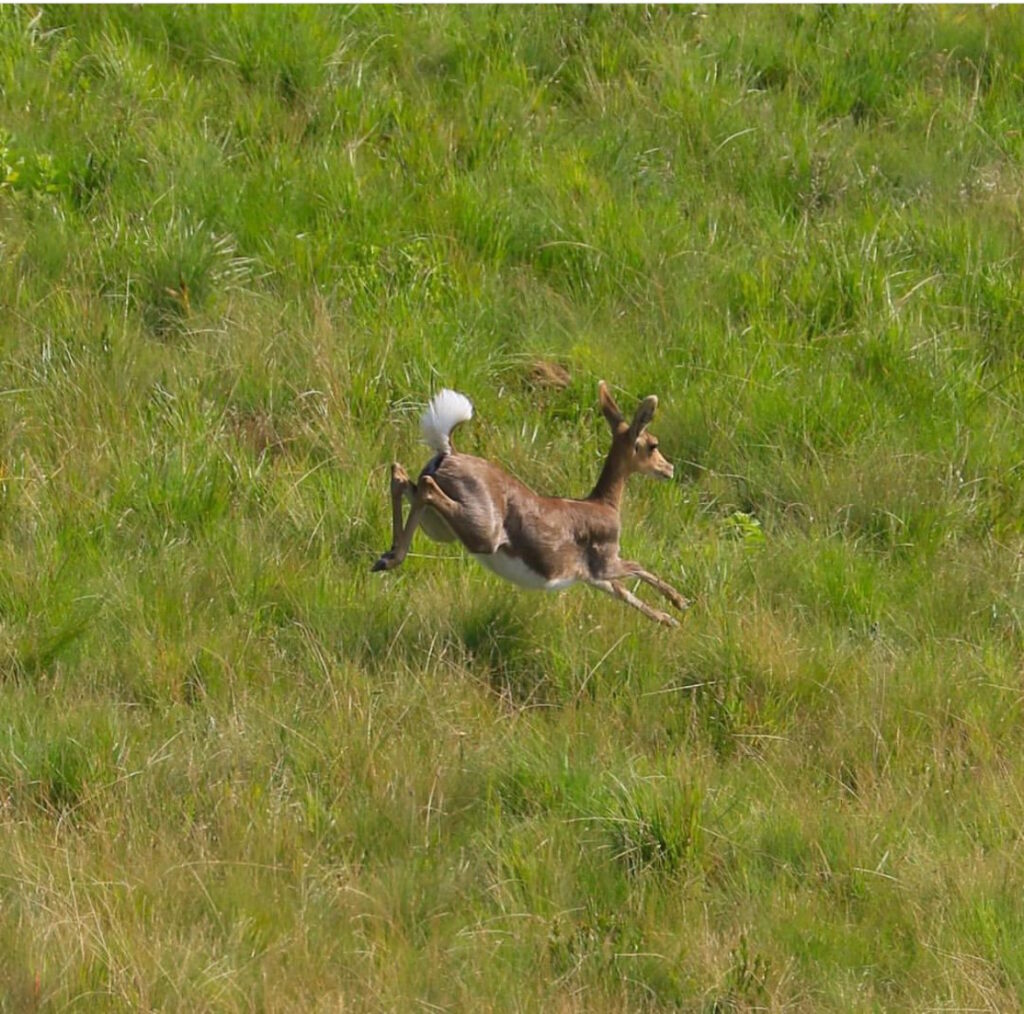
Then there are all the other ancillary forms of impact. The hotel you stay at, or the nature reserve you visit, to keep its surrounds pristine, has to care for its natural environment, eradicating alien and invasive plants, and keeping the water crystal clear and safe to drink. Maybe it sponsors a local school in an area where public education is neglected. Maybe it delivers food packages to local creches in an area where food security for infants is dire. These aren’t made up examples by the way. Google the newly established “Northern Drakensberg Nature Reserve” or the “Royal Drakensberg Primary School” and “Khanyisela Project” to see what I mean. None of this incredible work is possible without tourism to rural areas. The trickle-down affect is real in these areas, and it all depends on South Africans, as well as foreigners, continuing to visit our beautiful countryside, coming to soak in the cultural and natural richness of these remote areas, and, most importantly, spending their money here!
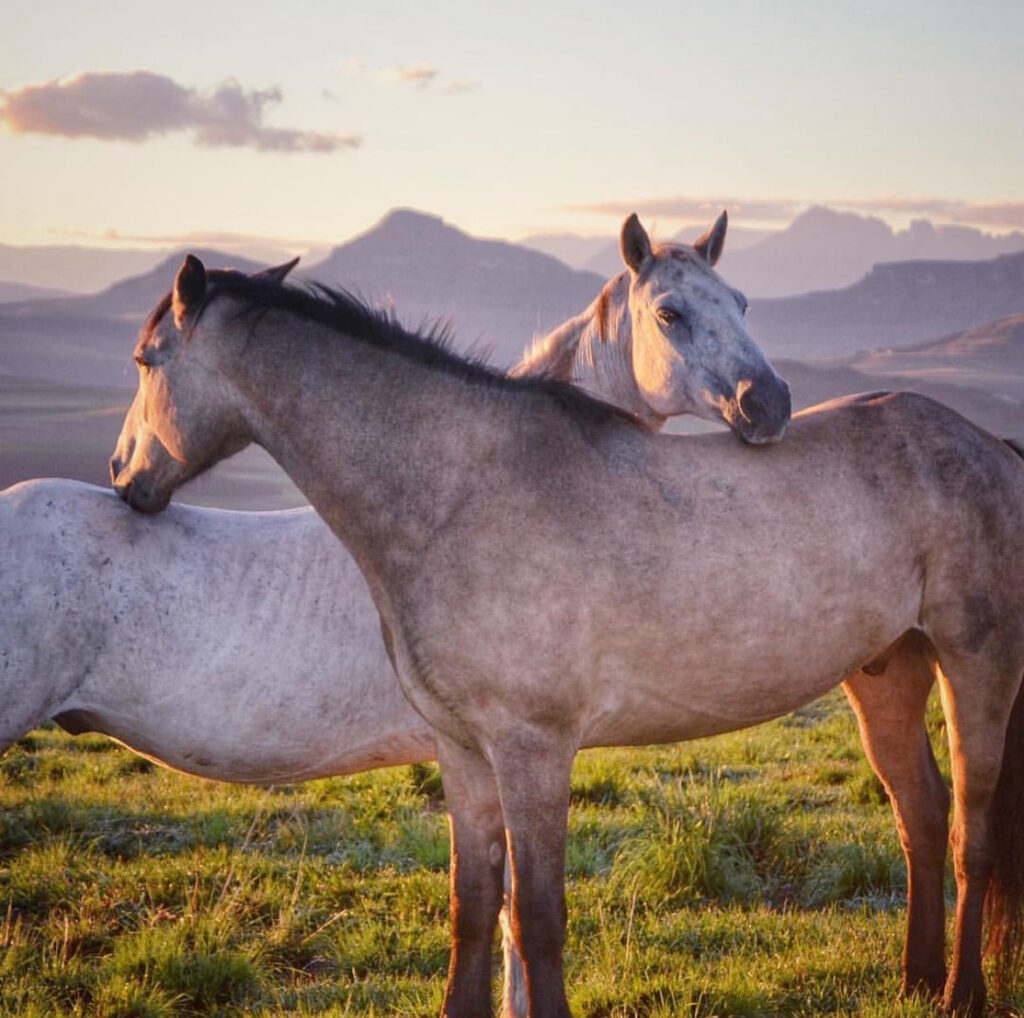
Don’t believe me? Next time you are on a road trip across the country, pay special attention to the areas where there is no local tourist economy, and then compare it to the areas where there is. In the former, you will find an air of despair, a despondent face sitting in the dust under a bare thorn tree, children playing in fields littered with rubbish. In the latter, you may not find paradise – we still have a long way to go – but you will find hope. Hope in the form of stable jobs, charitable programmes, clean rivers, and well-managed veld. And hope is a good place to start. Embrace the power of possibility. Next time you’re feeling down about the state of the nation, pull out your laptop and book a holiday. It might feel like your visit, even if only for a weekend, is but a drop in the ocean. Yet what is an ocean but a multitude of drops?


No comment yet, add your voice below!